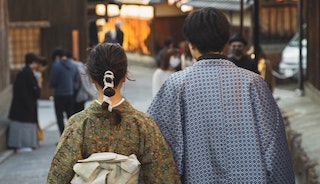TOKYO, Aug 13 (News On Japan) - Many Japanese people moved to the Philippines before World War II and engaged in activities such as hemp cultivation. At its peak, there were 30,000 Japanese immigrants. Many of them married local Filipino women, formed families, and established communities in various regions.
However, with the start of the war between Japan and the United States, Japanese residents in the Philippines were coerced into cooperating with the Japanese military. Teruaki Carlos (92) lost his mother, siblings, and his elder brother was executed on suspicion of being a spy by the Japanese military. His other brother was killed by Filipino guerrillas.
After the war, second-generation Japanese residents faced further hardships. Amidst strong anti-Japanese sentiments, they had to live discreetly, and due to the provision that children belonged to their fathers' nationality, they ended up living as "stateless" individuals.
Although this reality remained largely unknown for a long time, the second-generation individuals, now elderly, have begun to demand the "restoration of Japanese nationality." However, due to factors like lost documents in the war, gathering "evidence" of parent-child relationships remains challenging.
For the Morine sisters living on a small island in the Philippines, progress has been made in the restoration of their Japanese nationality. Records were found of their father traveling from Okinawa to the Philippines. If they can locate relatives and acquaintances to testify, it will become significant evidence for applying for nationality restoration in Japanese courts, TV Asahi reports.
Source: ANNnewsCH


 by
by 












